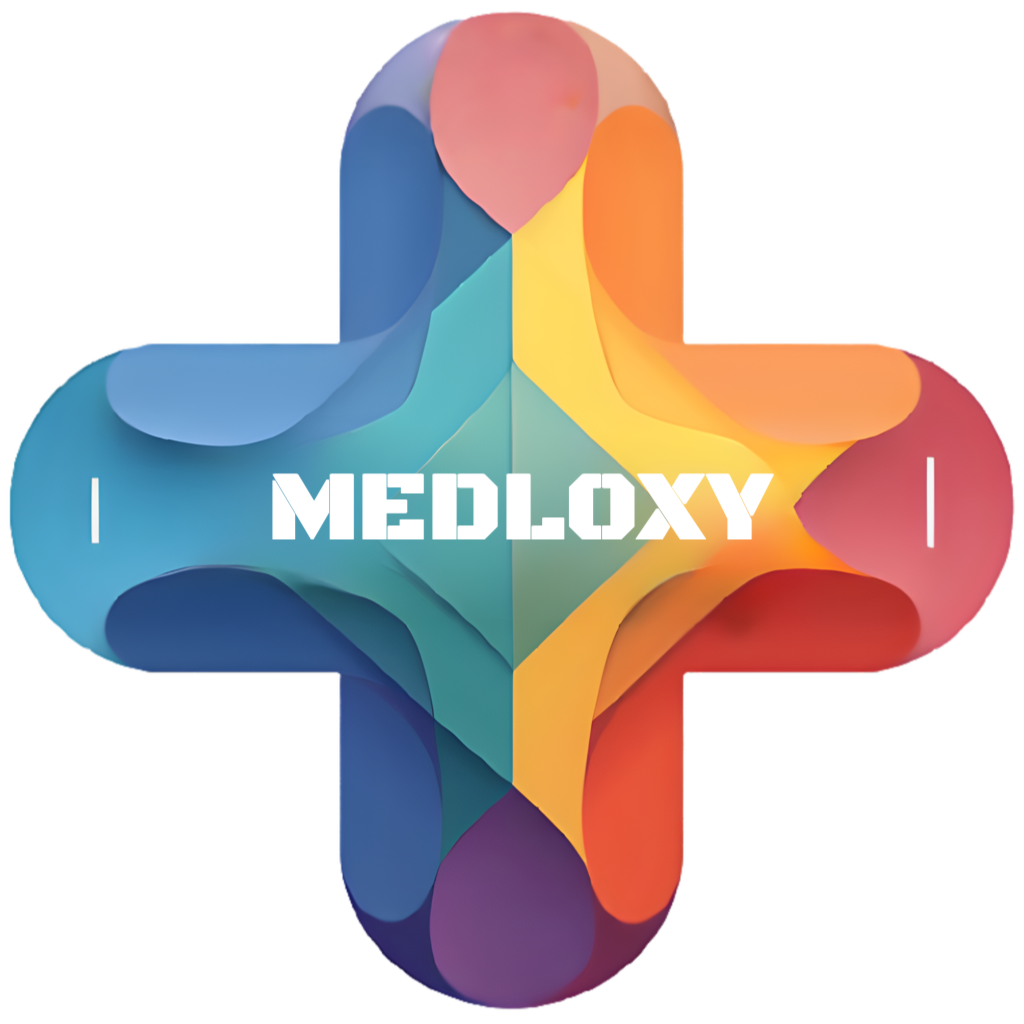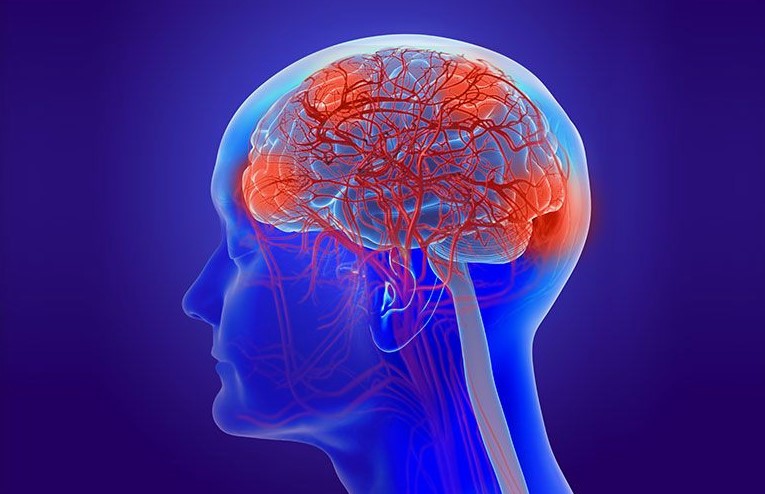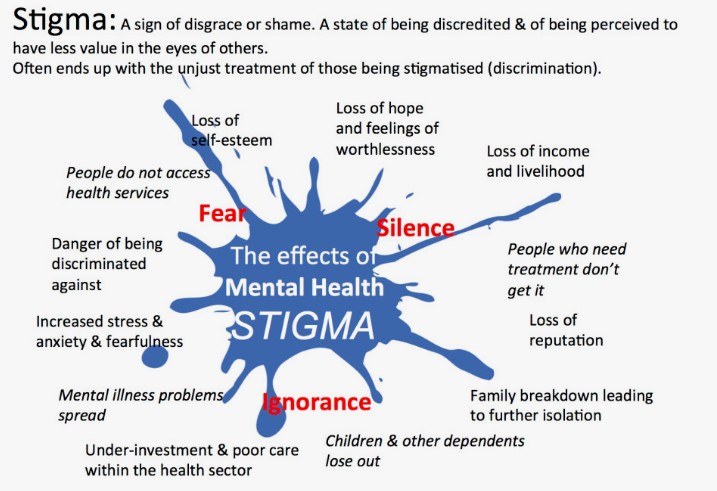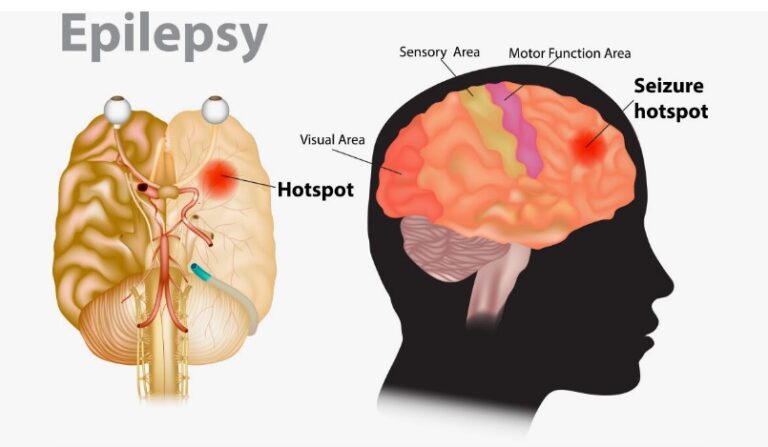Discover the symptoms, root causes, and science-backed treatments for Digital Dementia. Learn when to seek help and how to manage its effects effectively.
Overview Digital Dementia
Do you find yourself increasingly forgetful or struggling with focus, especially after prolonged periods of screen time? Digital dementia, a term gaining traction, describes a set of cognitive impairments potentially linked to the overuse of digital technologies. While not a formal medical diagnosis, the observed patterns of cognitive decline, particularly in younger individuals, are raising concerns. Some researchers suggest that the constant reliance on digital devices for memory and attention tasks may lead to a reduced need to exercise these cognitive functions ourselves.
A 2024 study from the National Institutes of Health (NIH) explored the correlation between excessive screen time in adolescents and observable differences in brain activity related to attention and memory. Understanding digital dementia and its potential impact is becoming increasingly relevant in our digitally saturated world.
Symptoms of Digital Dementia
- Increased forgetfulness and difficulty recalling recent information
- Reduced attention span and difficulty concentrating on tasks
- Impaired problem-solving skills without digital aids
- Difficulty with mental calculations and basic arithmetic
- Slower processing speed and difficulty with multi-tasking
When to See a Doctor
It is important to consult a healthcare professional if you experience persistent and worsening cognitive difficulties, particularly if they seem to be impacting your daily life, work, or studies. While the term digital dementia is not yet a formal diagnosis, the symptoms described can overlap with other conditions that require medical evaluation. A doctor can conduct cognitive assessments and rule out other potential underlying causes for your cognitive changes. Early identification and management of cognitive decline, regardless of the potential contributing factors, are crucial.
Causes of Digital Dementia
While the term “prefrontal cortex atrophy” suggests a biological change, the direct causal link between social media use and actual brain shrinkage is still under investigation and not definitively proven in human studies. However, some theories propose that the constant stimulation and rapid shifts in attention demanded by digital media might lead to altered neural pathways and potentially less development or efficient use of the prefrontal cortex, the brain region crucial for executive functions like planning, working memory, and decision-making. Animal studies have shown that environments lacking in cognitive stimulation can lead to reduced brain development.
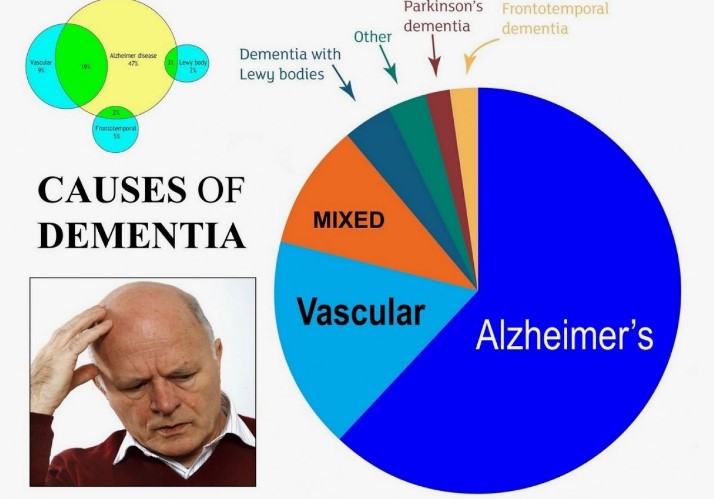
The primary triggers associated with the observed cognitive patterns of digital dementia are lifestyle-related. Excessive screen time, particularly engaging in passive consumption of social media and rapid information scrolling, may lead to a reduced need to actively engage memory and attention skills. The constant availability of information online can decrease our reliance on internal knowledge recall. Multitasking across various digital platforms can fragment attention spans and hinder the development of deep focus. Sleep disruption due to nighttime screen use is another significant lifestyle factor that negatively impacts cognitive function. Read More>>>>>
Risk Factors
Several factors can increase an individual’s potential risk for experiencing the cognitive patterns associated with digital dementia:
- High daily screen time, especially for non-educational or work-related activities.
- Early and prolonged exposure to digital devices in childhood and adolescence.
- Frequent multitasking across multiple digital platforms.
- Reliance on digital devices for memory and information retrieval rather than internal recall.
- Poor sleep habits are often exacerbated by nighttime screen use.
- Lack of engagement in activities that promote focused attention and critical thinking, such as reading, puzzles, or in-depth conversations.
Complications
While the long-term neurological complications of digital dementia are still being studied, the observed cognitive patterns can lead to several difficulties:
- Impaired academic or work performance due to reduced focus and memory.
- Difficulties in forming and maintaining deep relationships due to shortened attention spans in social interactions.
- Increased susceptibility to distractions and reduced productivity.
- Potential for increased anxiety and depression linked to social comparison and the addictive nature of social media.
- Reduced ability for critical thinking and problem-solving without immediate digital assistance.
Diagnosis
Currently, digital dementia is not a formal medical diagnosis, and there are no specific diagnostic tests for it. However, healthcare professionals may assess cognitive function through
- Cognitive assessments: Standardized tests evaluating memory, attention, processing speed, and executive functions.
- Detailed history of digital device usage: Gathering information about screen time habits and reliance on technology.
- Ruling out other underlying conditions: Conducting neurological exams and other tests to exclude other potential causes of cognitive decline.
Treatment Options
Treatment approaches for addressing the cognitive patterns associated with digital dementia focus primarily on lifestyle modifications and cognitive retraining:
- Reduce screen time: Establishing healthy limits on daily digital device usage, particularly for non-essential activities.
- Practice focused attention activities: Engage in activities that require sustained concentration, such as reading physical books, solving puzzles, or playing strategy games.
- Improve sleep hygiene: Establish a regular sleep schedule and avoid screen use before bedtime.
- Engage in memory training exercises: Actively work to improve memory through techniques like mnemonics and regular mental recall practice.
